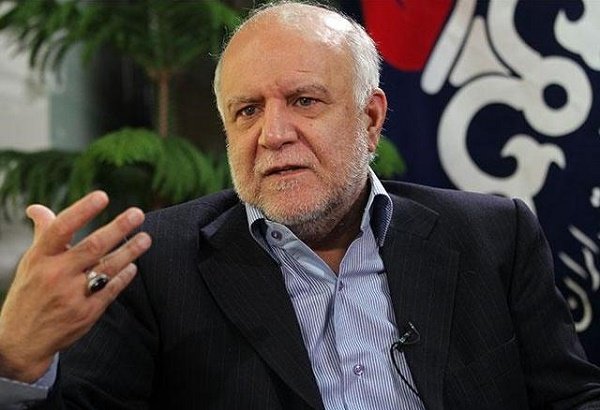“All decisions in OPEC are taken by consensus views and reaching a final decision would be impossible given even one opposing country,” Bijan Zanganeh told IRIB.
He announced that over the past few years, OPEC’s decisions have been subject to some political issues; “unfortunately, some member countries use oil as a political tool in global equations,” asserted Zanganeh.
The official stressed that certain issues in OPEC cannot be resolved merely by holding talks among ministers adding “during OPEC’s next meeting there exists no will on the part of member states to change its oil production ceiling and it is estimated that no particular decision would be taken to establish a balance in supply and demand of the global oil market.”
On the competition between Iran and Saudi Arabia in OPEC, oil minister underlined “Saudi Arabia has so far failed to convince the member countries about its oil policies and the previous meeting saw 9 states on one side while 4 other countries were on the opposite side.”
Recalling that a majority of OPEC members have urged cutting oil production in order to balance supply and demand in the oil market, Zanganeh noted, “in OPEC, power is a factor of excess production and spare capacity and countries with higher oil production capacity will certainly enjoy greater bargaining power.”
He urged OPEC to set the market situation regardless of political issues; “in other words, the members need to reach an agreement on creating balance and stability in the market even though the consensus is not likely to be achieved during the forthcoming meeting," emphasized oil minister.
HA/2982241

























Your Comment